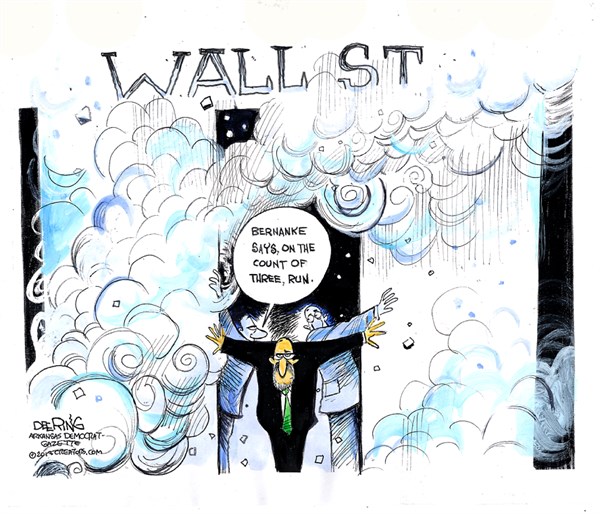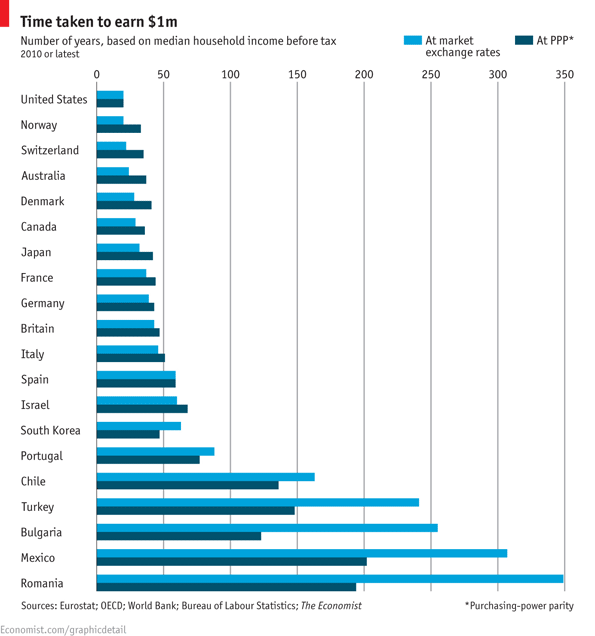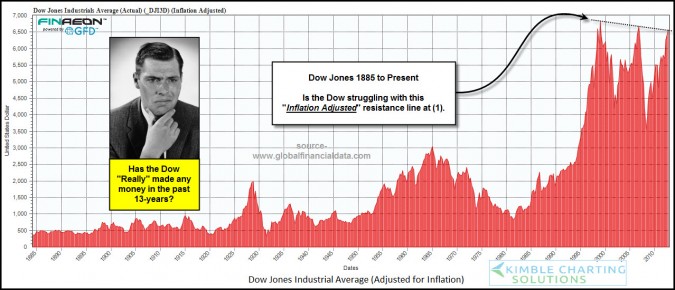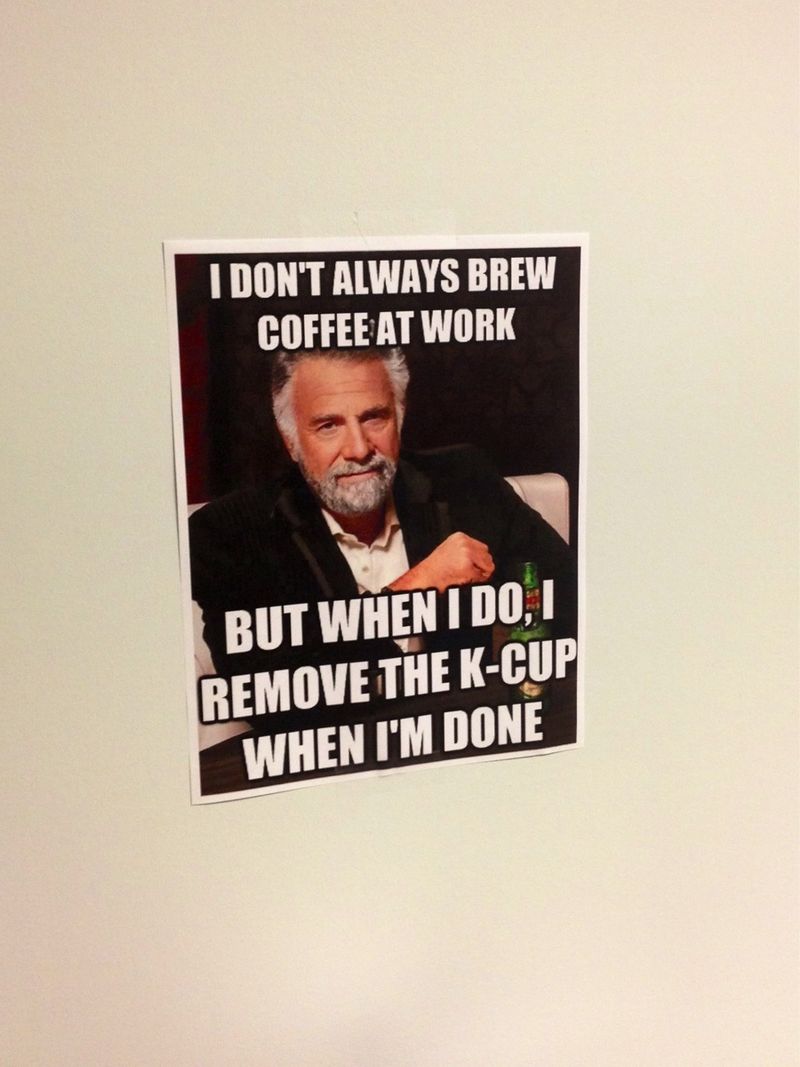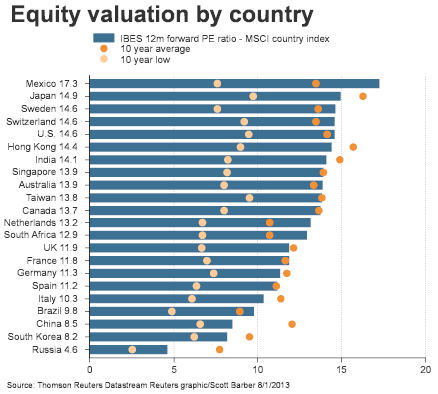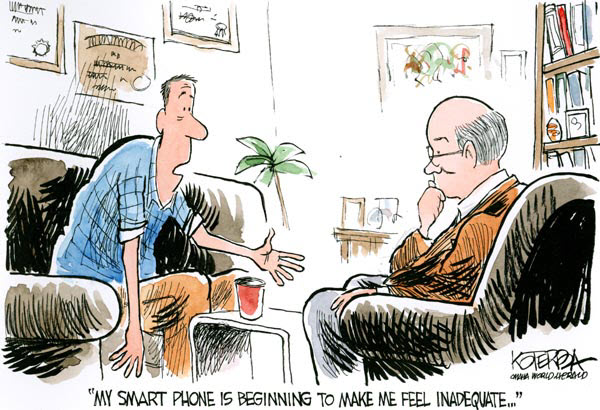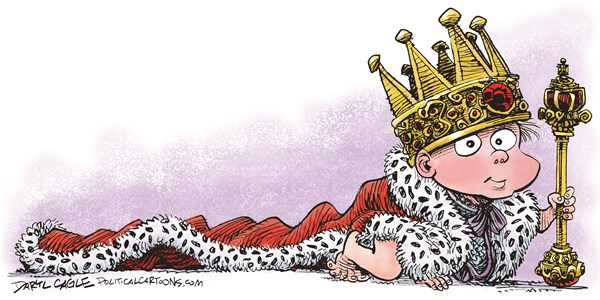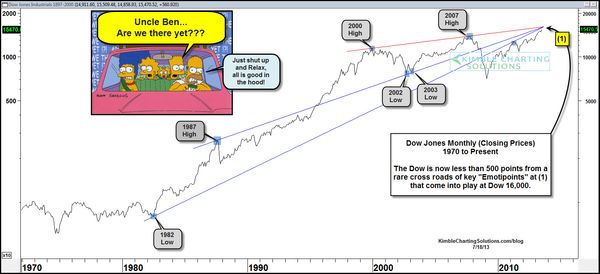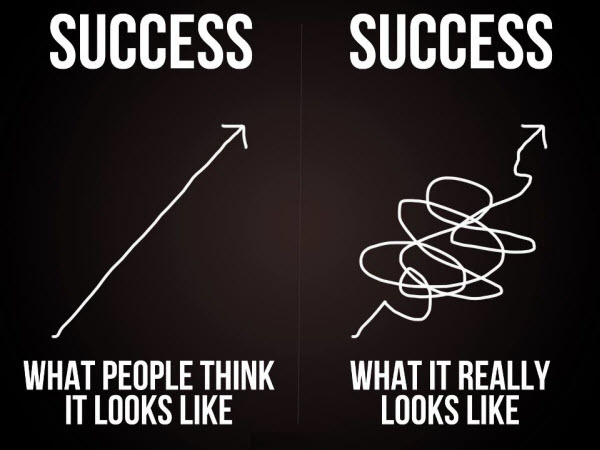Some people are reacting like Bernanke said "On the count of three … run."
Here are some of the posts that caught my eye. Hope you find something interesting.
- Audible
Inspiration: Work Smarter by Listening to These 7 Great TED Talks.
(Mindjet) - The
World’s Top 100 Most Innovative Organizations. (Thomson Reuters) - What
Could the NSA Do With a Quantum Computer? (NewStatesman) - Mmm
Mmm Good? First taste of test-tube burger declared 'close to meat'.
(Reuters) - The
Vitamin Myth: Why We Think We Need Supplements. (The Atlantic)
- Could
Geithner End Up the Next Fed Chairman? (Bloomberg) - Wall
Street Pros Believe a Fall Taper is Already Priced Into Markets. (CNBC) - 80
Percent of U.S. Adults Face Near-Poverty, Unemployment: Survey. (HuffingtonPost) - The
Undisputed Champion? Guess who won the post-crisis recovery? Banks.
(ReformedBroker) - Goldman
Sachs: Creative Destruction. The 8 Extraordinary Technologies Forcing
Businesses To Adapt Or Die (BusinessInsider)

